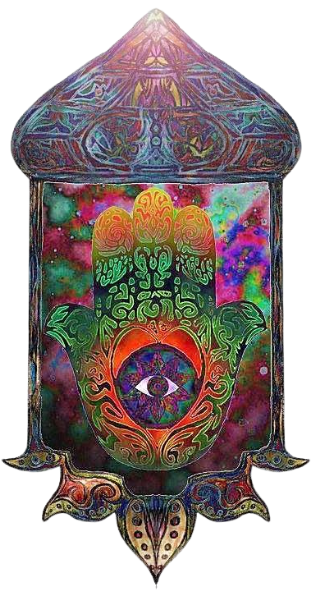Loosening the Canons

Towards Guerrilla Scholarship of Religions

Each class that I teach (whether it be studying religions from intersexional perspectives; African-descent 'kweer' and womanist speculative/science fiction as sources of anti-colonial/anti-imperialist thea/ologies; the history and historiography of Islamophobia; African Religions in Diaspora; Muslim Slave Rebellions in Brasil; Islam in South Asia; Critical Race Theory) is grounded in a way that calls us to continually and simultaneously consider the intersexions of race, class, gender, embodiment/disabilities, environmental issues, cultural representations, sexualities, etc.. These are not treated as peripheral considerations, nor are they perceived as being beyond the scope of "true scholarship".
This challenges the canons of the academy and our fears of being able to pass in the academy, where we often feel that we must overcompensate to legitimate our presence. This is a perspective that is rooted in the thought and praxis of Audre Lorde who is a rôle model for me in living the life of organic scholar/artist/activist. I will be forever grateful for her personal invitation to me to articulate my intersexional realities....I believe that to engage in studies of religions is to participate in a global, holistic process, one that engages the entire person in relationship to the environment, to other people, and to whatever it is the call (or don't call) the divine. And I also believe that it calls us to be radically engaged in the healing of the universe. In a world of either/or thinking ("academic" vs "practical"), the study of religions has presented itself as something that contains its own norms. Within those norms, "special things" like race, gender, class, geography, embodiment/disabilities, etc. can only be dealt with in "special units." My dream is that if we gradually begin to create revolutionary, 'kweered', holistic, multi-focal, multi-media, multi-layered, multi-locational, intersexional contexts, we will begin to open up liberatory, decolonising spaces.
….
The interdependent web of all being reminds that we are called to be multi-issue/multi-focal/multi-layered because we are multi-issue people. As Empire expands through giving more power to the powerful globally and as the disenfranchised become more disenfranchised, anti-imperialism and anti-colonialism have to be part of our intersexional study of religions, for through the power of global corporate capitalism, what happens to people in the US is tied to what happens in Brazil, in Cuba, in Nepal, in Iraq, in North Korea, in US detention camps, in Palestine, in the Fiji Islands, in Samoa, to Muslims in Western China/Eastern Turkistan, the Philippines, the Kashmir, Chechnya; issues of political prisoners and prisoners of war in the United States are our issues; where the struggle for the restoration and liberation of indigenous Sacred Lands is our struggle; where labour-union issues, immigration, environmental justice, literacy, unemployment, disabilities issues, health care reform, dismantling the state-sanctioned death penalty and the prison-industrial complex, crimes of violence against women and transgender people, women's health issues, access and accessibility for all, single parents, child custody, hunger, homelessness are all of our issues....for the blood shed in Somalia is linked to the blood shed in Southeast Asia is linked to the blood shed in the streets and parks of the United States where transgender people and especially transgender people of colour are brutally killed far too often and no one seems to notice, no one seems to care....

